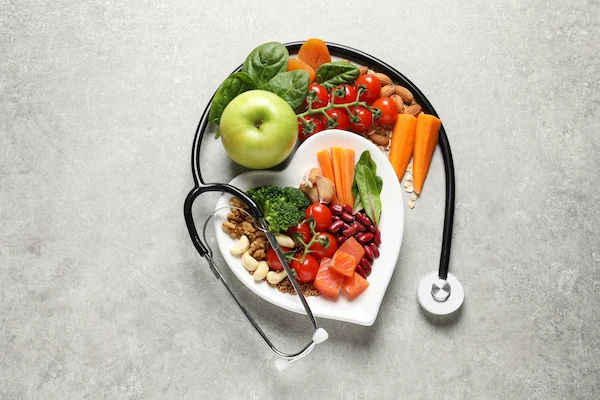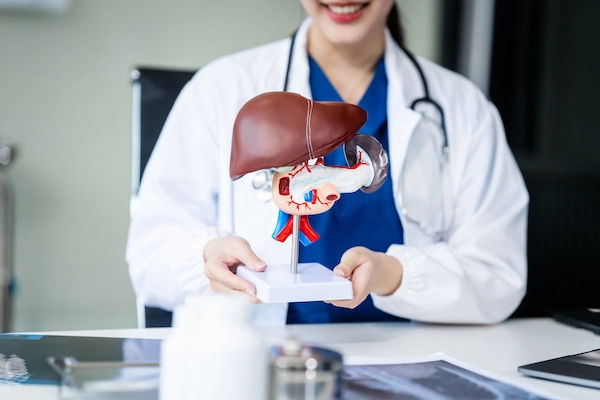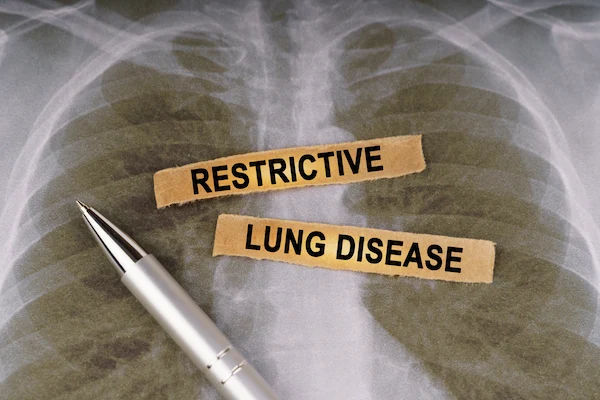Monsoon Health Tips: Simple Ways to Stay Fit and Safe
Practical monsoon health tips for seasonal wellness: safe water, mosquito control, food safety, hygiene, and red flags to seek care. Stay fit this rainy season.

Written by Dr. J T Hema Pratima
Reviewed by Dr. Rohinipriyanka Pondugula MBBS
Last updated on 13th Jan, 2026
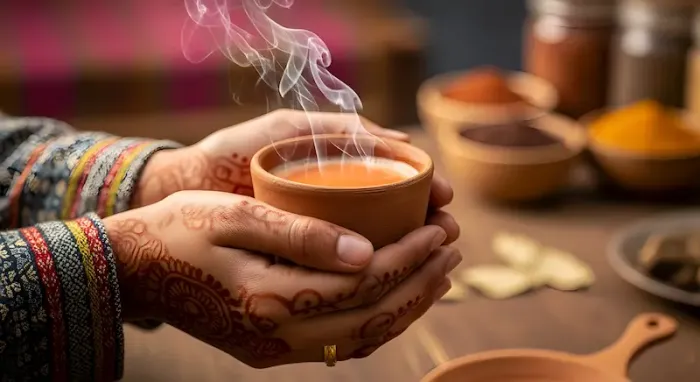
Introduction
The rainy season brings cooler air, fresh greenery, and a welcome change from harsh heat. Yet these seasonal shifts also create conditions that can increase the risk of infections. Flooded streets, contaminated water, rising humidity, and more insects—particularly mosquitoes—can all affect day-to-day health. With a few practical monsoon health strategies, you can protect yourself and your family while still enjoying the comforts of the season. This guide outlines simple, reliable steps that support safety, hydration, food hygiene, and respiratory wellness, along with advice on when to seek medical attention if symptoms appear. Consult a Top General Practitioner for Personalised Advice
Quick Monsoon Health Tips at a Glance
- Drink only safe water—boiled, filtered, or disinfected—and store it carefully in covered containers.
- Prevent mosquito bites by using trusted repellents, wearing protective clothing, and eliminating standing water.
- Practise strict food hygiene—wash hands, cook thoroughly, and refrigerate foods promptly.
- Keep skin and feet dry; change damp clothing and attend early to cuts or abrasions.
- Ventilate your living space to reduce moisture and clean signs of mould quickly.
- Stay active with indoor exercises and maintain a regular sleep routine.
- Carry a basic monsoon health kit containing ORS, thermometer, bandages, sanitiser, and repellent.
- Know urgent warning signs such as persistent fever, dehydration, severe vomiting, bleeding, or difficulty breathing.
Why Monsoon Weather Raises Health Risks
The reasons for health risks include:
Mosquito-Borne Infections
- Pools of stagnant water during rains create ideal breeding grounds for mosquitoes.
- Aedes mosquitoes can transmit dengue and chikungunya, while Anopheles mosquitoes can spread malaria in certain regions.
- These infections may lead to high fever, severe pain, and complications if untreated.
- Reducing bites and interrupting mosquito breeding cycles are essential protection measures.
Waterborne and Flood-Related Infections
- Heavy rainfall may contaminate water supplies with sewage, run-off, or waste.
- This increases the risk of diarrhoeal illnesses and infections such as cholera or typhoid, where these occur.
- Floodwater may contain harmful bacteria, chemicals, or pathogens like Leptospira, which can enter the body through cuts or broken skin.
Food Safety Hazards
- High humidity weakens food shelf-life, and power cuts may interrupt refrigeration.
- Food not cooked thoroughly or stored safely can cause gastrointestinal infections.
Skin and Fungal Problems
- Persistent dampness contributes to fungal infections, rashes, and irritation in skin folds and around the feet.
- Wet clothing can trap moisture, worsening irritation and vulnerability to infection.
Monsoon Health Tips for Safe Water and Smart Hydration
Health tips include:
- Boil or disinfect water if safety is uncertain—bring water to a rolling boil for at least one minute (or three minutes at high altitude).
- Store treated water in clean, tightly covered containers, and avoid touching stored water directly.
- Use ORS if experiencing diarrhoea or vomiting to replace lost fluids and salts.
- Sip fluids slowly if nausea is present to prevent dehydration.
- Avoid ice unless you are sure it has been prepared with safe, treated water.
Mosquito Control and Bite Prevention: Your Best Defence
- To achieve mosquito control and bite prevention, follow the tips below:
- Apply EPA-registered mosquito repellents as directed on exposed skin.
- Wear long sleeves, long trousers, and socks to reduce exposure, especially during peak mosquito activity times.
- Use permethrin-treated clothing or gear if appropriate, following product guidelines.
- Sleep under nets, ideally insecticide-treated, if staying in rooms without screens or air-conditioning.
- Remove standing water every week—empty, scrub, or cover containers such as buckets, planters, and birdbaths.
- Clean roof gutters and repair torn window or door screens.
Food Safety During the Monsoon
To ensure food safety, follow the tips below:
- Wash your hands with soap for at least 20 seconds before food preparation and meals.
Rinse fruit and vegetables with clean running water. - Keep raw and cooked foods separate by using different utensils and cutting boards.
- Cook foods thoroughly and reheat leftovers until steaming hot.
- Refrigerate perishable foods within two hours, or within one hour in very hot conditions.
- Choose street food that is freshly prepared and served piping hot; avoid raw salads, cut fruits, or chutneys if water safety cannot be assured.
- Discard food that smells, tastes, or looks spoiled—when uncertain, trust the rule of “If in doubt, throw it out.”
Hygiene and Wound Care: Small Steps, Big Protection
Hygiene and wound care include:
- Wash your hands frequently or use alcohol-based hand sanitiser when soap is unavailable.
- Keep feet dry by changing out of wet shoes and socks promptly; use breathable footwear.
- Treat small cuts immediately by washing with clean water, applying an antiseptic, and covering with a waterproof bandage.
- Avoid contact with floodwater when possible. If unavoidable, wash exposed areas with soap and clean water immediately afterwards.
- Seek medical help if you develop fever, muscle aches, redness in the eyes, or jaundice after contact with floodwater.
Respiratory Health and Mould Control
Respiratory health and mould control include:
- Improve ventilation by opening windows or using fans when the weather permits.
- Dry damp areas of the home and dispose of heavily water-damaged materials within 24–48 hours.
- Clean visible mould on hard surfaces using soap and water or a diluted bleach solution, ensuring good airflow and protective gloves.
- People with asthma or allergies may experience worsened symptoms due to dampness or mould—stay prepared with reliever inhalers and follow your asthma management plan.
Build a Seasonal Wellness Routine for the Rainy Months
- Maintain regular physical activity, choosing indoor exercise like yoga, bodyweight workouts, or resistance bands when outdoor activity isn’t possible.
- Keep a consistent sleep schedule with a calming evening routine.
- Eat balanced meals featuring whole grains, legumes, lean protein, cooked vegetables, and peelable fruits.
- Support your emotional well-being by spending time near natural light, taking stretch breaks, and staying in contact with friends or loved ones.
- Prioritise hydration using safe water, and adjust your routine to ensure you remain well-rested and energised throughout the season.
What to Pack in a Monsoon Health Kit
Pack your kit with the following things:
- Oral rehydration salts and a refillable water bottle
- Thermometer
- EPA-registered repellent and, where appropriate, permethrin-treated clothing or a treated bed net
- Alcohol-based hand sanitiser and antiseptic liquid
- Waterproof dressings, gauze, and adhesive tape
- Basic medicines recommended by your healthcare provider
- A torch, batteries, and a compact power bank for emergencies
When to Seek Medical Care?
Seek prompt professional advice if you experience:
- High fever with severe headache, eye pain, rash, or joint pain
- Persistent vomiting, abdominal pain, bleeding from gums or nose, or blood in stool
- Signs of dehydration, such as dark urine, dizziness, or inability to retain fluids
- Shortness of breath, chest pain, confusion, or worsening asthma
- Red, swollen wounds, increasing warmth, or pus
Vaccination and Preventive Care
Preventive care includes:
- Vaccination needs differ by region and personal health status; consult a healthcare professional regarding recommended vaccines in your area and any travel-related risks.
- Keep routine immunisations up to date.
- People with long-term conditions—such as diabetes, asthma, or cardiovascular disease—should ensure they have essential medicines and a seasonal action plan ready.
Conclusion
With a blend of simple precautionary habits—safe water practices, careful food handling, mosquito protection, and good personal hygiene—you can navigate the rainy season confidently. Creating a seasonal routine that supports mental and physical wellness ensures you and your family stay safe. A well-prepared health kit and awareness of warning signs help you respond quickly when needed. With these mindful steps, you can enjoy the comforts of the rainy season while safeguarding your overall health. Consult a Top General Practitioner for Personalised Advice
Consult a Top General Practitioner for Personalised Advice

Dr. Shiv Krishna Mitra
General Physician/ Internal Medicine Specialist
15 Years • MBBS GEN. MED. PGDRM, MCH
Kolkata
Samaritan Clinic, Kolkata

Dr. Pinaki Mukhopadhyay
General Physician/ Internal Medicine Specialist
33 Years • MBBS
Kolkata
MCR SUPER SPECIALITY POLY CLINIC & PATHOLOGY, Kolkata
(25+ Patients)

Dr. Utsa Basu
Diabetologist
14 Years • MBBS , MD
Barasat
Diab-Eat-Ease, Barasat
(75+ Patients)
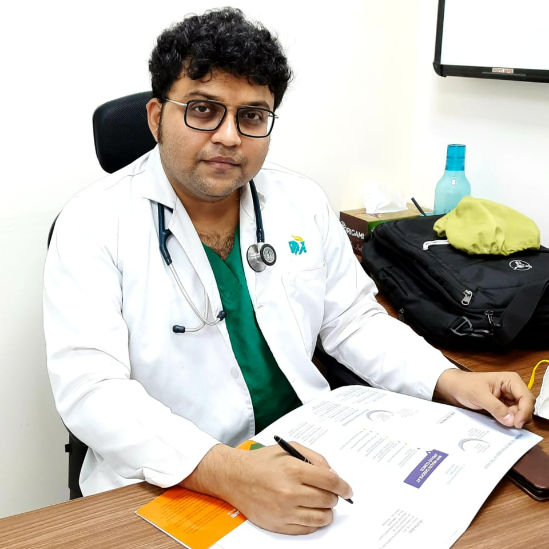
Dr. Utsa Basu
Diabetologist
14 Years • MBBS, MD
Kolkata
Dr Utsa Basu Clinic, Kolkata
(400+ Patients)
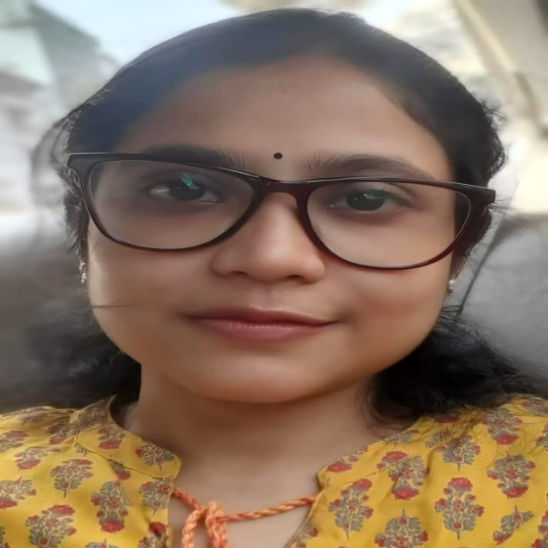
Dr. Anindita Mondal
General Physician/ Internal Medicine Specialist
8 Years • MBBS
Kolkata
VDC Clinic, Kolkata
Consult a Top General Practitioner for Personalised Advice

Dr. Shiv Krishna Mitra
General Physician/ Internal Medicine Specialist
15 Years • MBBS GEN. MED. PGDRM, MCH
Kolkata
Samaritan Clinic, Kolkata

Dr. Pinaki Mukhopadhyay
General Physician/ Internal Medicine Specialist
33 Years • MBBS
Kolkata
MCR SUPER SPECIALITY POLY CLINIC & PATHOLOGY, Kolkata
(25+ Patients)

Dr. Utsa Basu
Diabetologist
14 Years • MBBS , MD
Barasat
Diab-Eat-Ease, Barasat
(75+ Patients)

Dr. Utsa Basu
Diabetologist
14 Years • MBBS, MD
Kolkata
Dr Utsa Basu Clinic, Kolkata
(400+ Patients)

Dr. Anindita Mondal
General Physician/ Internal Medicine Specialist
8 Years • MBBS
Kolkata
VDC Clinic, Kolkata
More articles from General Medical Consultation
Frequently Asked Questions
1) Is it safe to drink rainwater during the monsoon?
Rainwater can collect contaminants from roofs or storage systems. If you must use it, treat it thoroughly by boiling, filtering, or disinfecting.
2) What’s the most effective way to prevent dengue at home?
Focus on preventing bites and stopping mosquito breeding. Use repellents, wear protective clothing, sleep under nets, and empty water-filled containers weekly.
3) What foods are safest to eat in the rainy season?
Choose foods that are cooked well and served hot. Wash produce with safe water and refrigerate leftovers promptly.
4) How do I handle mould if my home gets damp?
Dry water-affected areas quickly and clean small patches of mould with soap and water or a diluted bleach solution. Ventilate well and consider professional assistance for extensive mould.
5) What should I do after walking through floodwater?
Wash skin and clothing immediately. Cover wounds and monitor for symptoms such as fever, aches, or jaundice. Seek medical care if any concerning signs develop.

